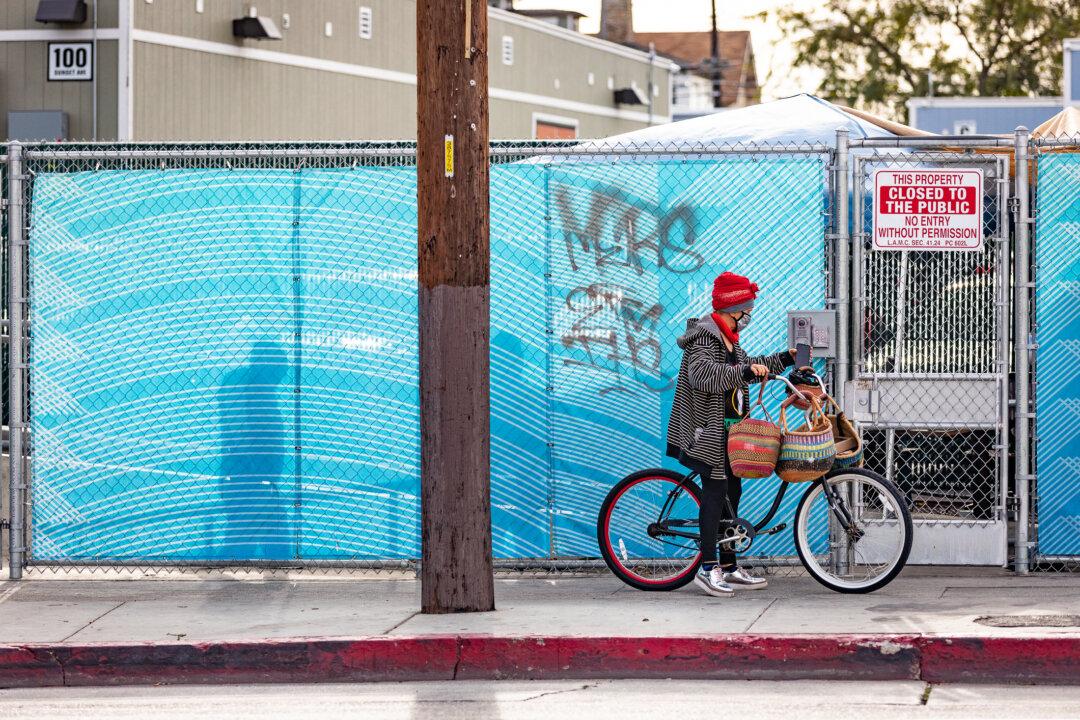LOS ANGELES—The Los Angeles City Council tentatively approved an ordinance on June 14 to prohibit people from assembling or disassembling bicycles in the public right-of-way.
A motion to have the ordinance drafted was introduced by Councilman Joe Buscaino and passed the city council 10–4 on Feb. 8, with council members Marqueece Harris-Dawson, Nithya Raman, Curren Price, and Mike Bonin opposed. Harris-Dawson said at the time that the potential law could have gotten him arrested as a child.





